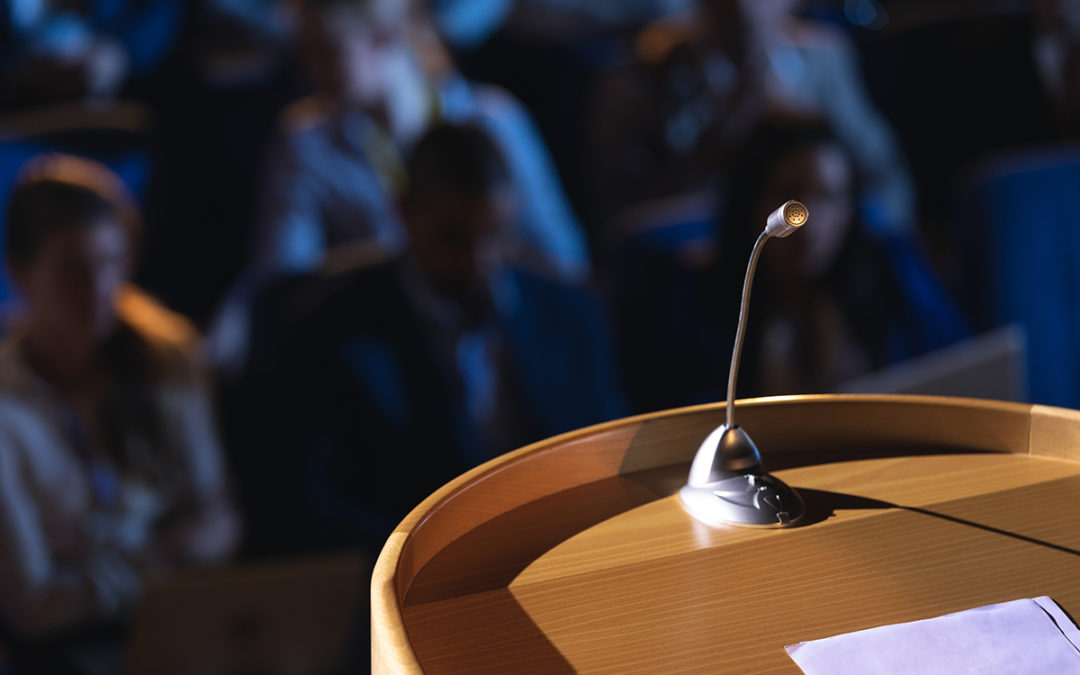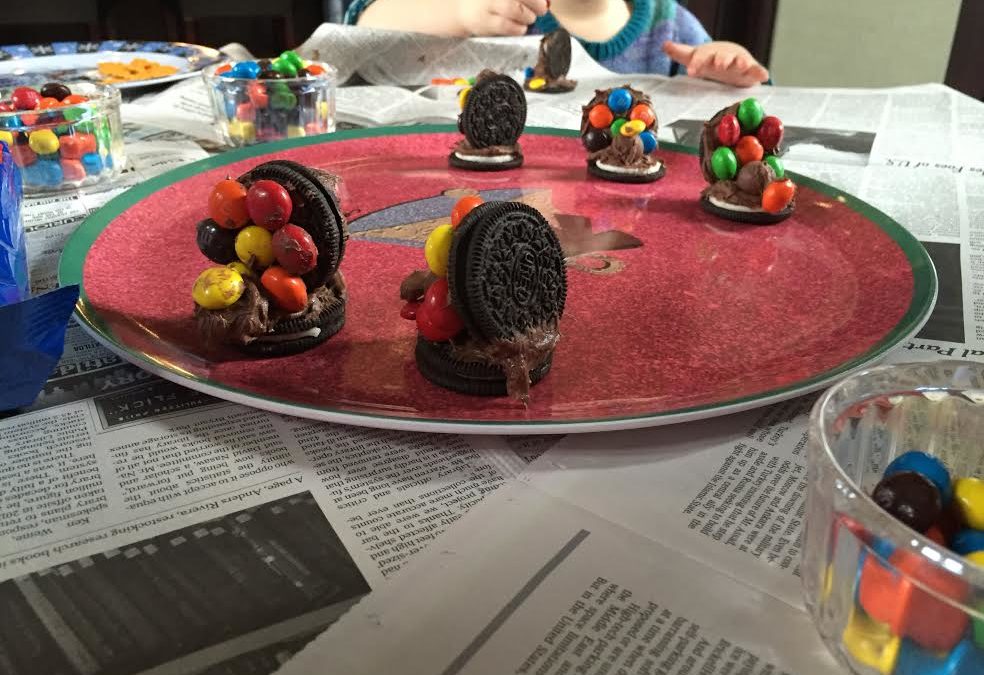
Safety First – Part I
Safety First – Part I
“Safety first.”
It’s a phrase that means a lot these days, for obvious reasons. We have deliberated, researched, and made bold decisions to have students in class with every precaution needed to prevent the spread of the virus. By diligently masking, social distancing, handwashing, and isolating when needed, our whole academic community have made it possible for University of Nebraska to be the one school in the Big Ten holding 70% of its classes on campus.
But creating a safe environment across all of our campuses goes beyond COVID-19. While we were all focused on the virus, a great deal of work was being done to address a different threat.
At my first Regent meeting, several young women spoke about their stress and anger with the university’s response to their reports of sexual misconduct.
To give you a bit of background, in previous years, students who filed sexual misconduct reports were provided assistance from an outside agency in Lincoln. But recently, the university decided to end its outside provider contract as the Center for Advocacy, Response and Education (CARE) was established. Their mission is “to improve and sustain a culture of health and wellness in relationships, and promote a commitment to the welfare of others, protection of rights and support all fundamental fairness and due process.”
That’s a mouthful, but each element is critical to fostering safe environments at the university.
Once CARE was up and running, the work began in earnest and an awareness campaign promoted resources, reporting, and a supportive campus climate. The “Use Your Voice” initiative was followed by a bystander intervention program, and a sexual misconduct resource website.
This was a decent start, but more needed to be done.
In the Fall of 2019, the UNL Chancellor established a campus-wide Collaborative on Sexual Misconduct to examine the policies, procedures, and practices regarding and responding to sexual misconduct. There was a heavy focus on preventing sexual misconduct and meeting the needs of people who had experienced it.
Thus the University of Nebraska-Lincoln’s Collaborative on Sexual Misconduct Committee was born. It was comprised of 75 people from across all disciplines, departments, staff, undergraduate and graduate students.
But of course, just as they began their work on a report they hoped to deliver in August of 2020, the Department of Education in Washington DC released new guidelines for Title IX Regulations across the country.
You’ve probably heard about Title IX. You’ve likely seen plenty of headlines about it as well. I had also heard of Title IX for a number of years, but in studying this issue for UNL I learned some things I had not known.
For example, I didn’t know that it was created to follow up with equal rights for women, and that the federal law was intended to create equal opportunities for students in schools and other educational programs that receive federal money.
It was also designed to protect individuals from gender bias. As a result, it began to open the doors to women’s sports in schools across the country. The ultimate penalty for violations was withdrawal of any federal funding. So, pretty serious. Higher education and K-12 schools all learned to be clear about the guidelines that the Department of Education created to enforce Title IX.
And as I was working on this blog, I read that the Bennington School District has just received notice of a Title IX lawsuit against them filed by parents of the female softball and basketball teams.
Well, to bring us back to the University of Nebraska and the Sexual Misconduct Committee, The Department of Education issued a new set of guidelines that would go into effect August 14, 2020.
So, now the Collaborative that had been at work since Fall 2019, they needed to integrate required changes from the federal government.
I’m not typically one for cliffhangers, but there are a number of layers in this discussion so this blog is going to be a two-parter. Now that we have a foundational understanding of where we’ve been with this issue, I look forward to exploring what we’ve achieved and where it is we’re headed… in the next blog.
*Barbara’s thoughts as written by Kate based on weekly (fascinating) conversations.












